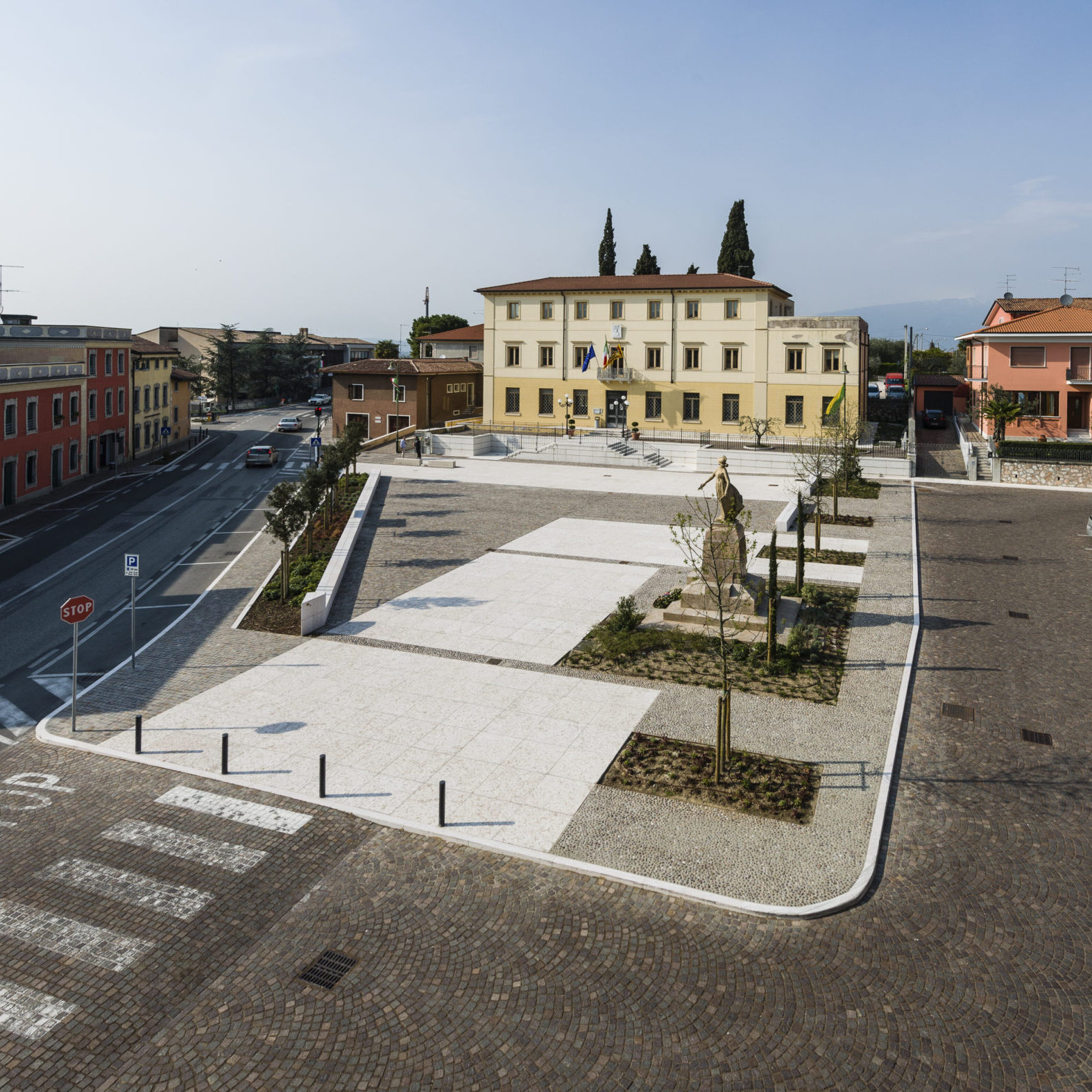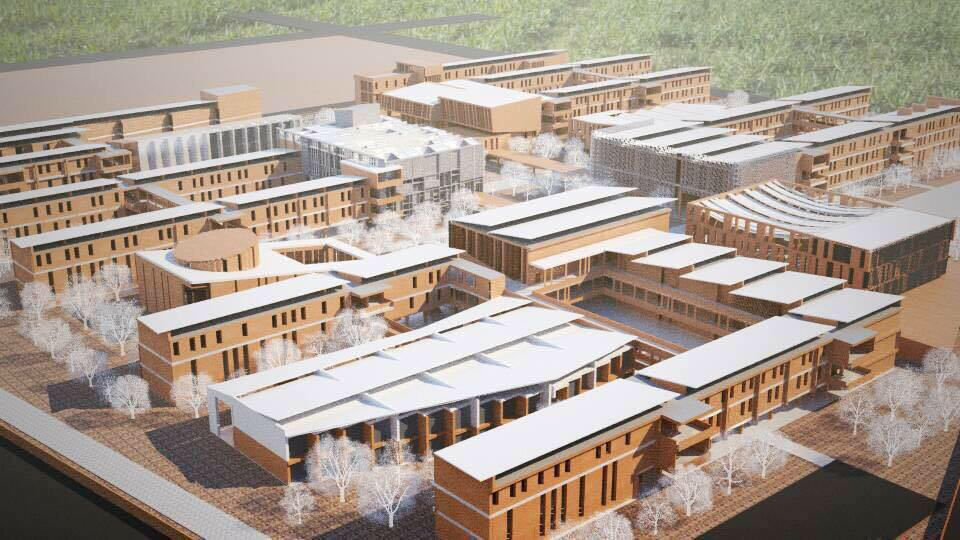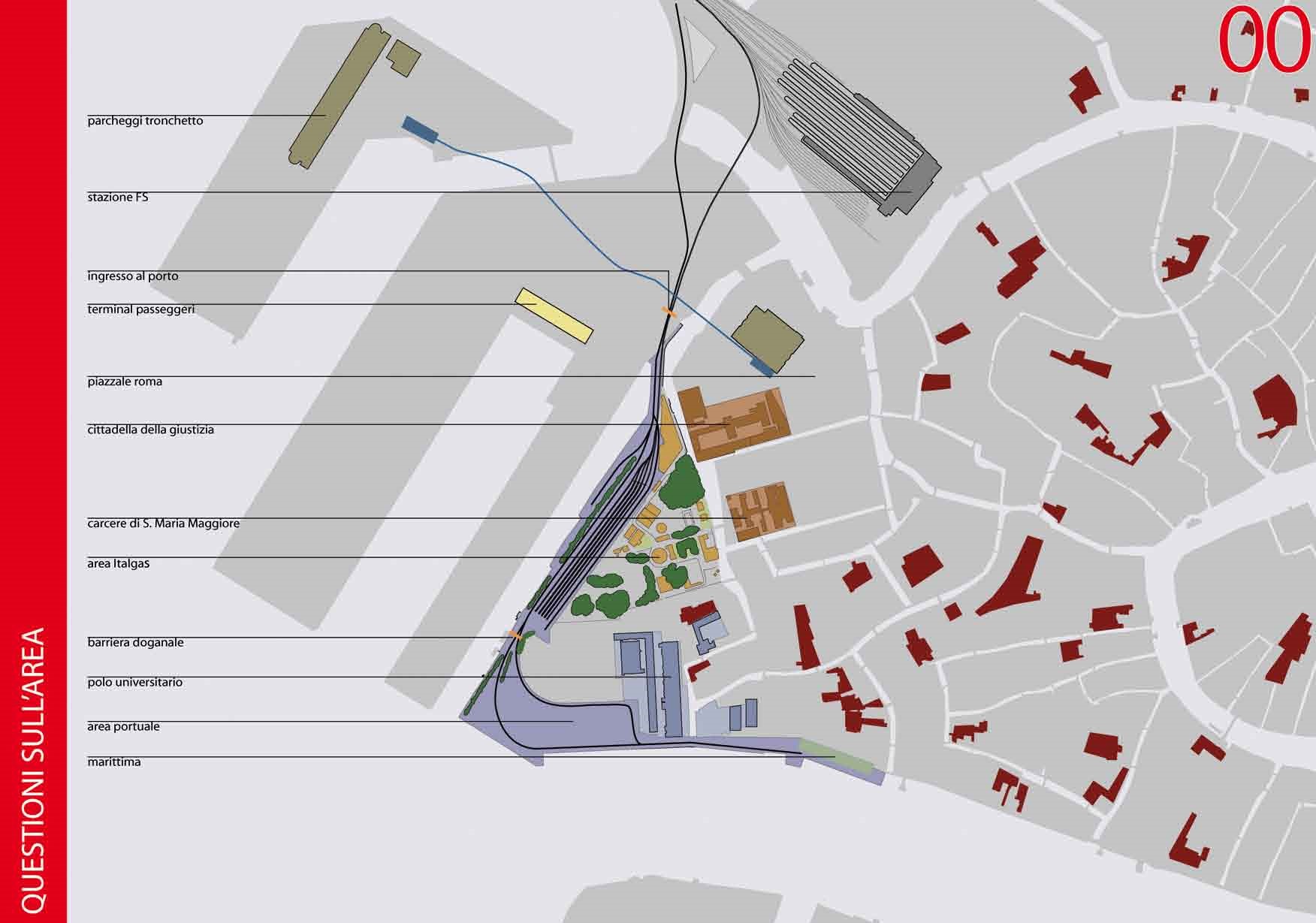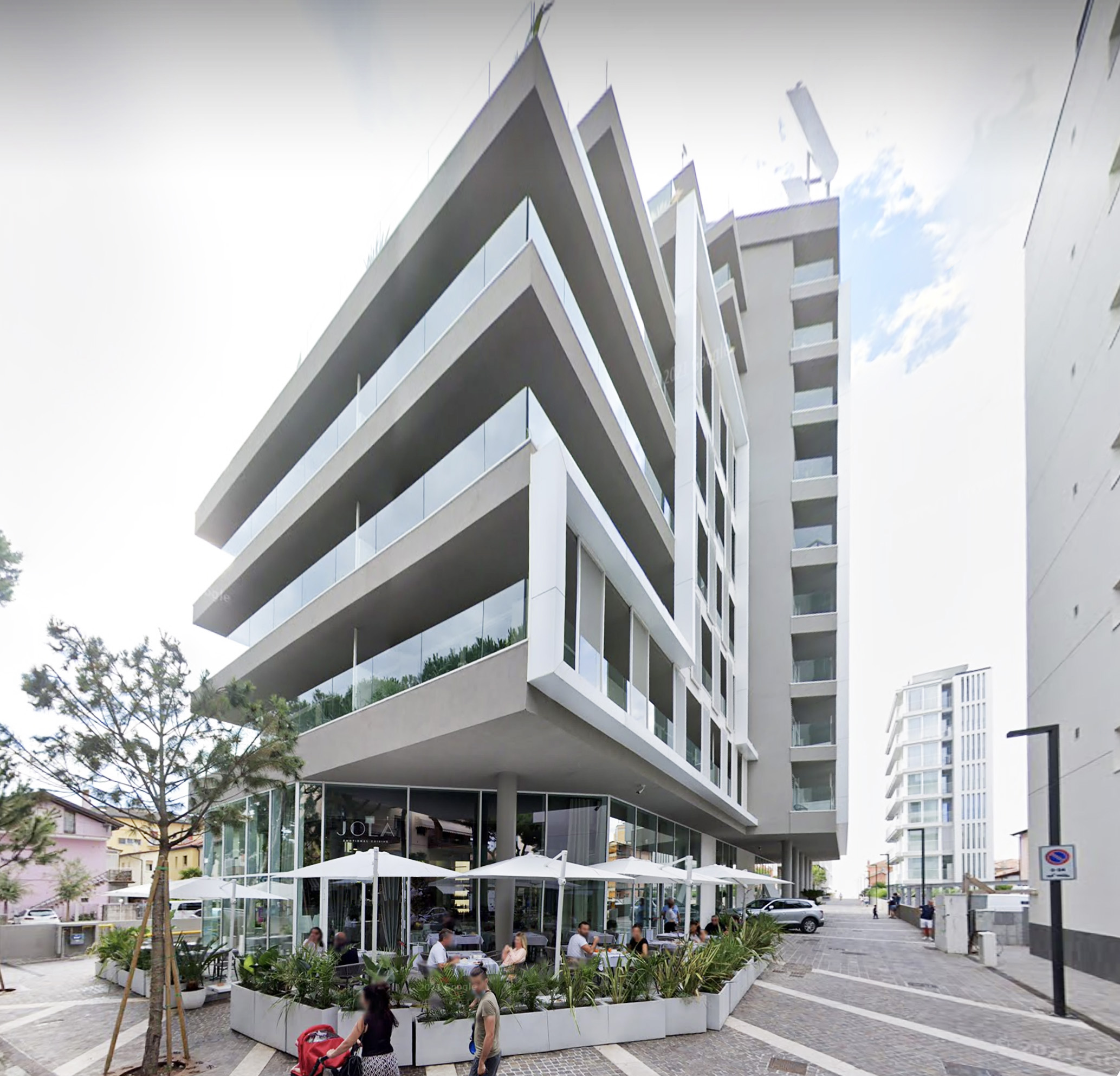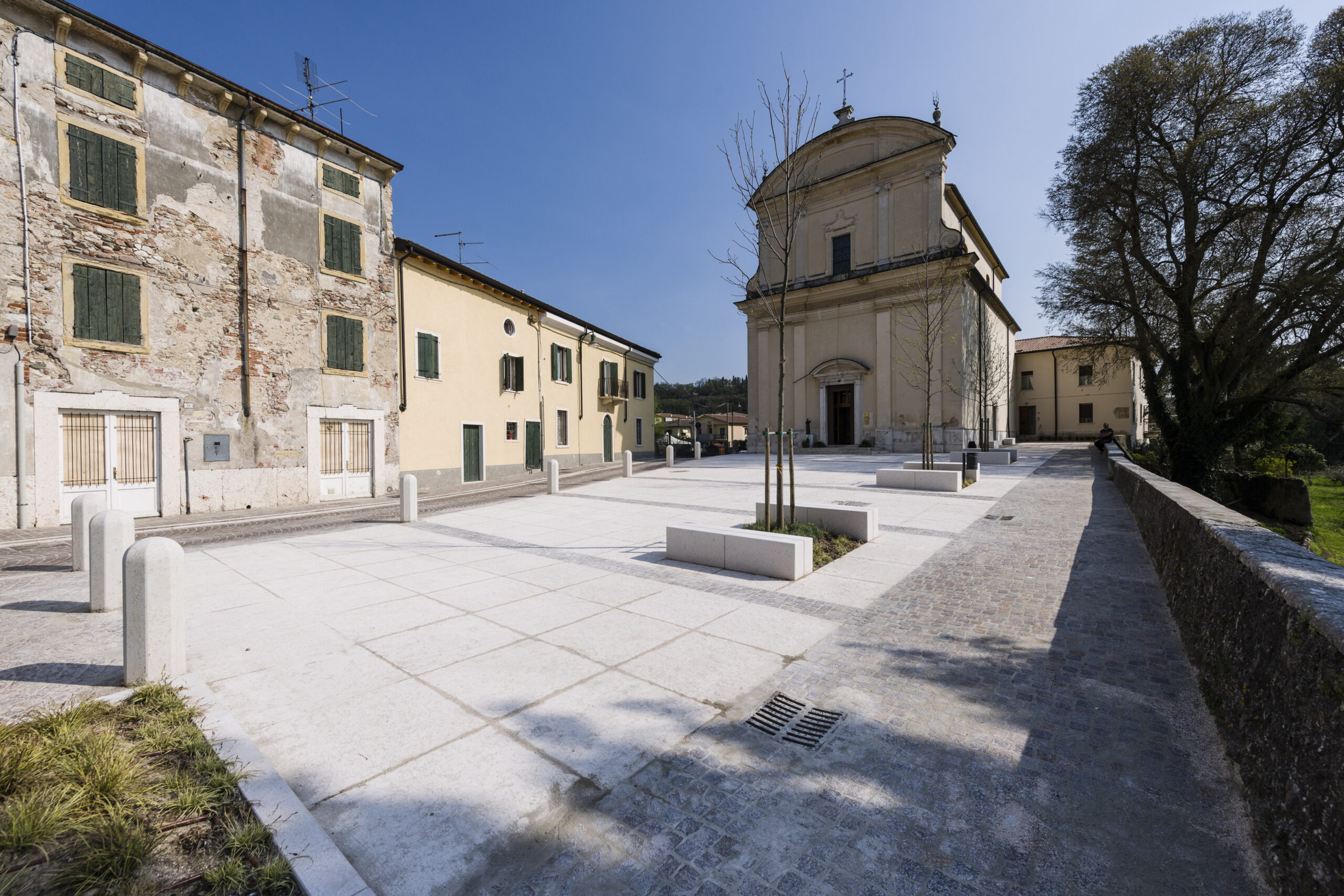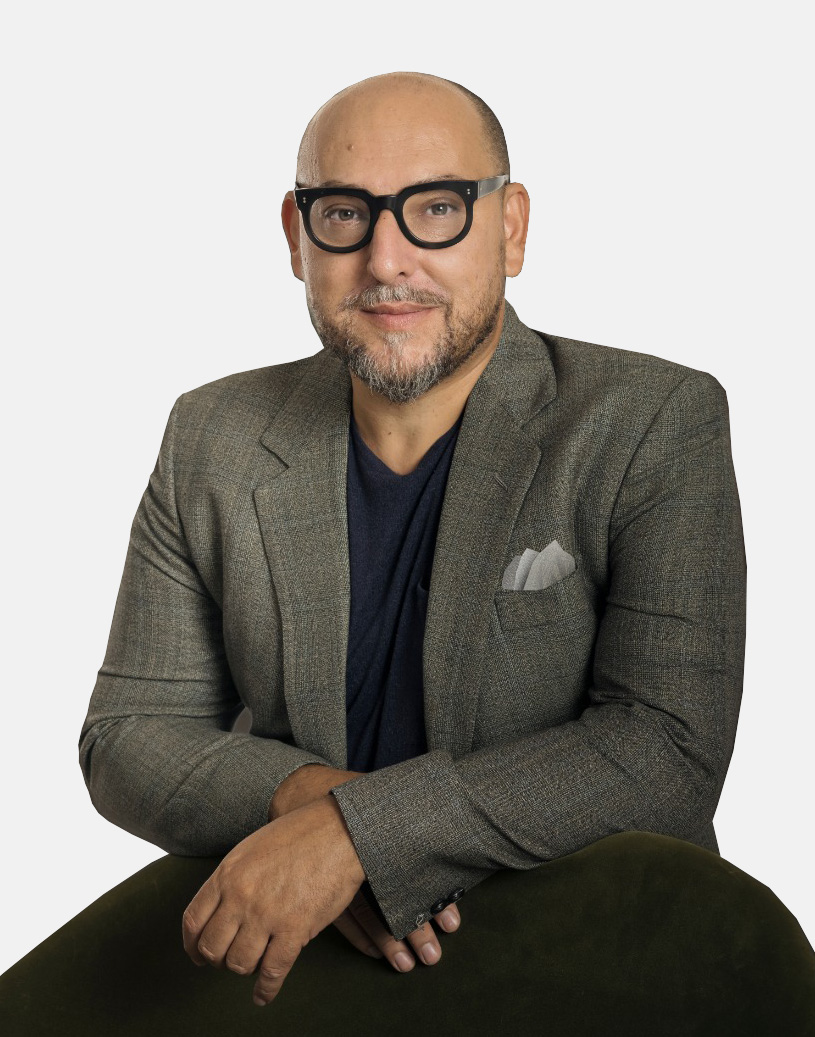URBAN PROJECT
ARCHEOLOGICAL PERSISTANCE VERSUS AIRPORT DEVELOPMENT: ACCESS, RULES AND LANDSCAPE. 14
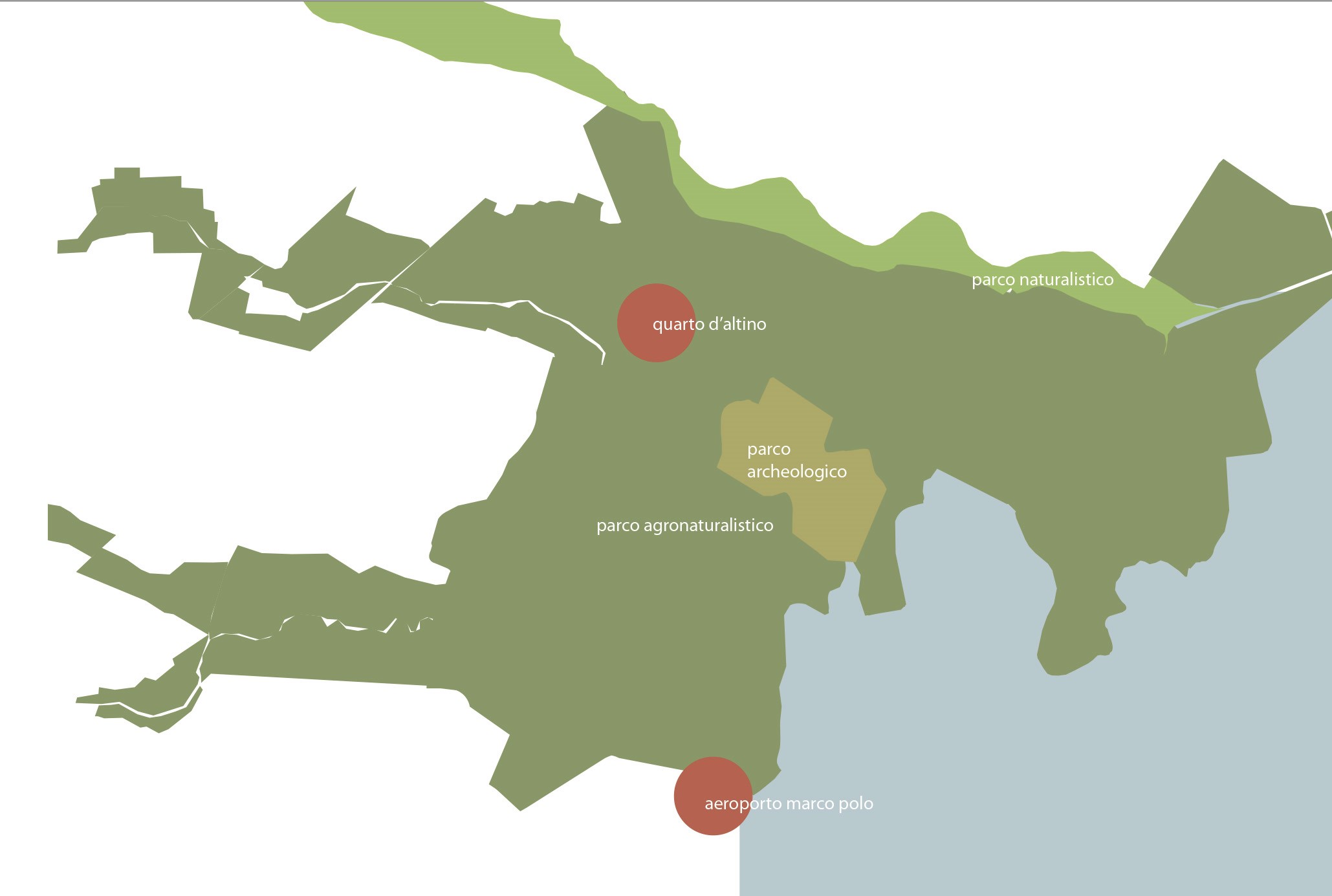
Research
2014
Location
Altino-Marco Polo Airport, Italy
Client
Veneto Region, founds of Parsjad European Project
Lead Architect
Davide Longhi
Domenico Patassini
Domenico Patassini
Research Subject
Landscape design
PROJECT
Metaproject of the Archaeological Park of the Upper Adriatic
The project envisages the enhancement of the archaeological sites of the Upper Adriatic in order to create a network structure of the archaeological offer integrated into the various existing landscapes. The main problem that arises is the almost physical inconsistency of the archaeological remains, which are often only legible with aerial images and planimetric reconstructions and, at the same time, the threats/opportunities deriving from the planned expansion of Venice Marco Polo Airport. Defining the role of agriculture and landscape design in the protection and enhancement of these sites is central.
PORTFOLIO
RELATED PROJECT
PASTRENGO PIAZZA CARLO ALBERTO. 13
Pastrengo, Italy
SODA CAMPUS IN KARTHOUM, SUDAN. 17
Khartoum, Sudan
INSULA: URBAN RECOVERY OF CAMPO DI MARTE. 07
Port of Venice, Italy
RESIDENTIAL COMPLEX IN JESOLO. 19
Jesolo, Italy
PASTRENGO PIAZZA GUGLIELMO. 13
Pastrengo, Italy


